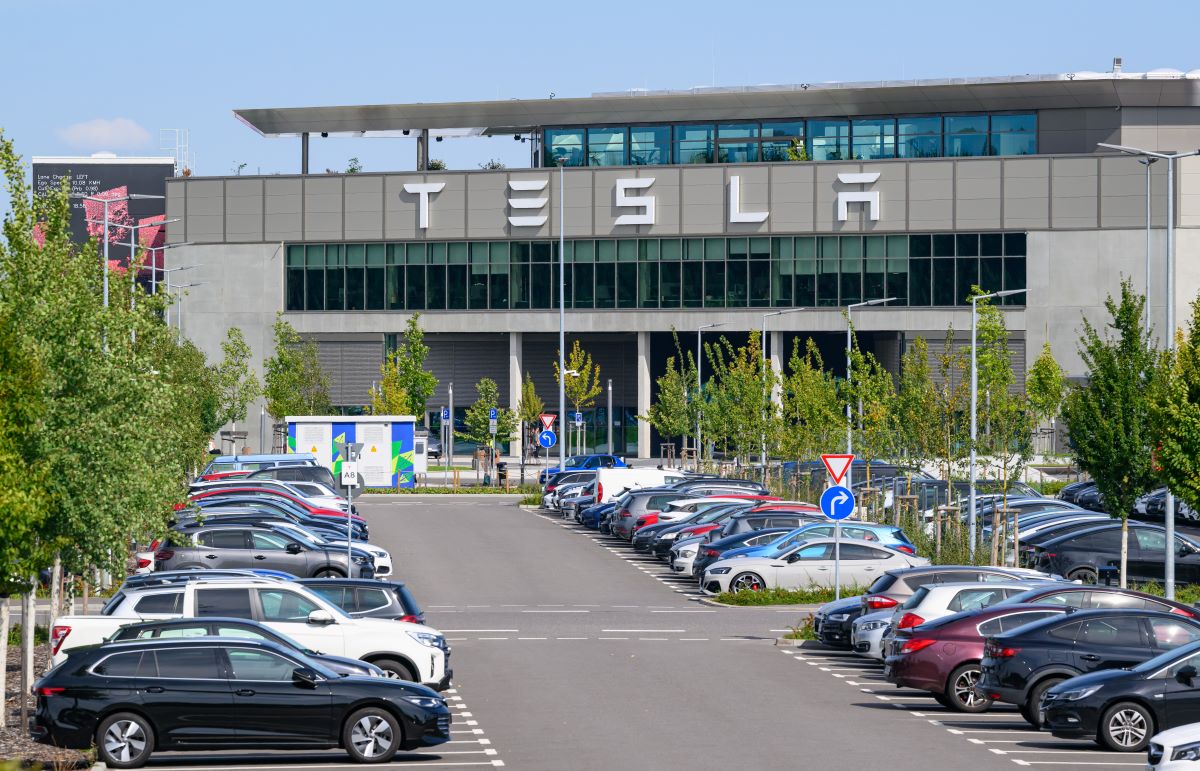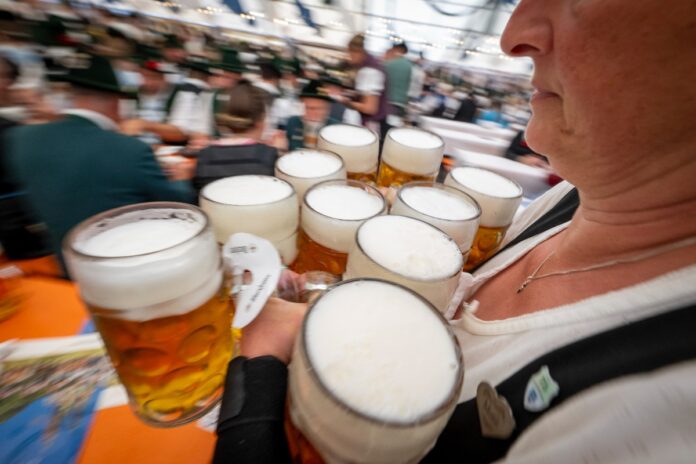Rail punctuality slumps, German beer sales plunge to historic low, significantly more refugees use the government’s return programme and more news on Tuesday, February 3rd.
Tuesday’s top story: Punctuality at Germany’s crisis-hit railway slumps
Punctuality at Germany’s much-maligned state railway Deutsche Bahn slumped even further in January, the company said Monday, adding to the network’s woes.
About 52 percent of all intercity trains were on time, Deutsche Bahn (DB) confirmed to AFP, after the Sueddeutsche Zeitung newspaper first reported the figures.
That was down from almost 67 percent on-time arrivals in the same month last year and barely above the record-low 51.5 percent rate recorded for October.
January is usually a good month for punctuality owing to a relative lack of maintenance and building work on the tracks.
A Deutsche Bahn spokesman told AFP that the January cold snap in northern Germany had contributed to the high rate of delays.
Critics blame years of under-investment for the poor state of Germany’s rail network, once a source of national pride.
Railway spending per head rose almost 70 percent last year as the previous government pushed to renew the network, according to passenger lobby group Pro Rail Alliance. But neighbours like Austria and Switzerland still spent roughly twice as much.
READ ALSO: Four international night trains from Germany to try in 2026
Backlash hits proposal to scrap dental care from public health insurance coverage
Over the weekend, the CDU Economic Council published a list of proposals intended to strengthen the German economy and the labour market.
One of these proposals in particular was met with a significant amount of backlash: That dental care should come largely at one’s own expense in the future, as opposed to being covered by public health insurance.
Dental treatment should “no longer be a burden on contributors in the pay-as-you-go system,” said the CDU Economic Council. Instead dental care would only be privately insured or paid out of pocket.
READ ALSO: When is it worth buying supplementary dental insurance in Germany?
The Secretary General of the Economic Council, Wolfgang Steiger, defended the initiative, suggesting that such drastic measures would ensure that social contributions did not continue to rise.
But others saw it differently. During a visit to Warsaw, Vice-Chancellor Lars Klingbeil said: “I don’t think we want to be able to tell from the condition of one’s teeth how wealthy one is in our country.”
As of Monday, the German government had already rejected the proposal. Deputy government spokesman Steffen Meyer made it very clear: “There are no such plans in the federal government.”
Despite it’s name, the CDU Economic Council is not a sub-organization of the Christian Democratic Union, but an independent, party-affiliated association made up of members representing German companies and industry groups.
German beer sales plunge to historic low
German breweries and beer warehouses recorded a dramatic six percent drop in beer sales in 2025, the sharpest decline since records began in 1993, according to the Federal Statistics Office (Destatis).
Total sales fell by 497.1 million litres to just 7.8 billion litres – the first time annual sales have dipped below the 8 billion litre threshold. The figures exclude non-alcoholic beers, malt beverages and imports from outside the EU.
A beer garden in Germany. Photo: picture alliance/dpa | Peter Kneffel
The data confirm a persistent downward trend, with 2025 sales 18.9 percent lower than in 2015. Domestic consumption, which accounted for 82.5 percent of total sales, dropped by 5.8 percent to 6.4 billion litres, while exports fell by 7 percent.
READ ALSO: Germany loses top spot as Europe’s largest beer maker
Notably, shipments to non-EU countries plummeted by 14.2 percent. Beer mixes, such as those blended with lemonade or cola, also saw a 5.2 percent decrease, making up just 5.2 percent of total sales.
Monthly figures reflected typical seasonal swings, with higher sales in spring and summer, but the overall decline underscores changing consumer habits and ongoing challenges for Germany’s brewing industry.
Many more refugees are using the government’s return program
Last year, significantly more refugees voluntarily returned to their home countries with financial assistance from Germany.
A total of 16,576 people took advantage of the so-called REAG-GARP programme in 2025, according to an announcement by the Federal Office for Migration and Refugees (BAMF) on Monday. Syria is now far ahead in terms of countries of return, after the program for the former civil war country was suspended in 2024.
Of the 16,576 returnees, 4,432 traveled to Turkey, 3,678 to Syria, and 1,334 to Russia. Georgia, Iraq, and Colombia follow with triple-digit numbers of returnees.
READ ALSO: Immigration to housing – What’s topping the political agenda in Germany this year?
Under the programme, BAMF promotes the voluntary return of refugees to their countries of origin or to third countries, covering the cost of flights and paying “start-up assistance” of 1,000 euros per adult and 500 euros for children and young people.
Left Party leader Ines Schwerdtner sharply criticised the subsidised departures to Syria. “Civil war-like conditions still prevail there,” she said in Berlin. She therefore considers repatriations or deportations – whether voluntary or forced – to the country “absolutely inappropriate at the moment.”
The Greens take a different position. “Voluntary return is an option that we as Greens have always supported,” said party leader Franziska Brantner. However, she pointed out that many Syrians work in Germany, including many in systemically important professions.

Production targets were reportedly missed missed by a wide margin at the Tesla factory in Grünheide. Photo: picture alliance/dpa | Patrick Pleul
Tesla’s Grünheide plant missed production targets by a wide margin
Tesla is sticking to its planned factory expansion in Germany, despite collapsing sales and having missed production targets since as early as 2024.
Der Spiegel reported Monday that a company report, dated to May of last year but published in the company register last week, revealed that the company was missing its own production targets long before sales dropped off in Germany and Europe toward the beginning of 2025.
According to the report, a total of 211,235 vehicles were produced in Grünheide in 2024, significantly less than Tesla’s target of 287,000 units. And far below what Tesla CEO Elon Musk has suggested: that one million Teslas per year should be built in Grünheide.
Tesla’s so-called capacity utilization, that is how many cars it is producing compared to its total capacity, was at 56.3 percent in 2024, which is poor.
Car manufacturers generally aim for a capacity utilization of at least 80 percent at their plants, because most of the costs for a car plant are fixed costs.
READ ALSO: Why is Tesla’s expansion near Berlin so controversial?
With reporting by AFP and Paul Krantz.
Disclaimer : This story is auto aggregated by a computer programme and has not been created or edited by DOWNTHENEWS. Publisher: thelocal.de








